Seminar of the Laboratory for the Environmental and Technological History and the presentation of the recently published book: Moon, David, Nicholas B. Breyfogle, and Alexandra Bekasova, eds. Place and Nature: Essays in Russian Environmental History. Winwick, Cambridgeshire: The White Horse Press, 2021.
26 March 2021, 18:00 at the seminar of the Laboratory for the Environmental and Technological History (St. Petersburg School of Arts and Humanities HSE SPb) – the presentation of the recently published book: Moon, David, Nicholas B. Breyfogle, and Alexandra Bekasova, eds. Place and Nature: Essays in Russian Environmental History. Winwick, Cambridgeshire: The White Horse Press, 2021.Presenters: Alexandra Bekasova, Nicholas B. Breyfogle, Ekaterina Kalemeneva, Elena Kochetkova, Julia Lajus, David Moon and other authors. This collective monograph is one of the results of a networking project funded by the Leverhulme Trust (UK) carried out in 2013-2016, in which many researchers of the Laboratory participated. The project team carried out several research trips to different parts of Russia that are important for studying the history of the relationship between people and nature: the Solovetsky Islands, Lake Baikal, the Perm region and the Urals.
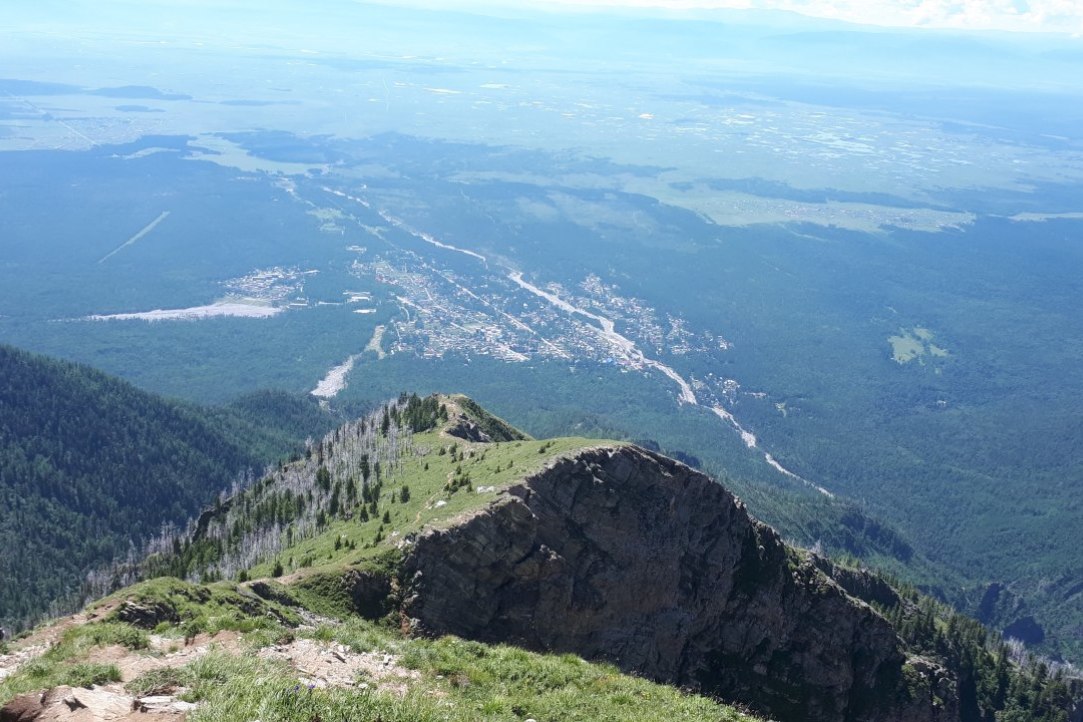
Members of the Laboratory took part in the III International Scientific Conference "Human and Nature: History of Interaction (Environmental History)"
On November 20, the Laboratory members took part in the III International Scientific Conference, organized by the Russian State University for the Humanities "Human and Nature: the History of Interaction (Environmental History)". Lajus Julia, Anna Agafonova and Dadykina Margarita made their reports.
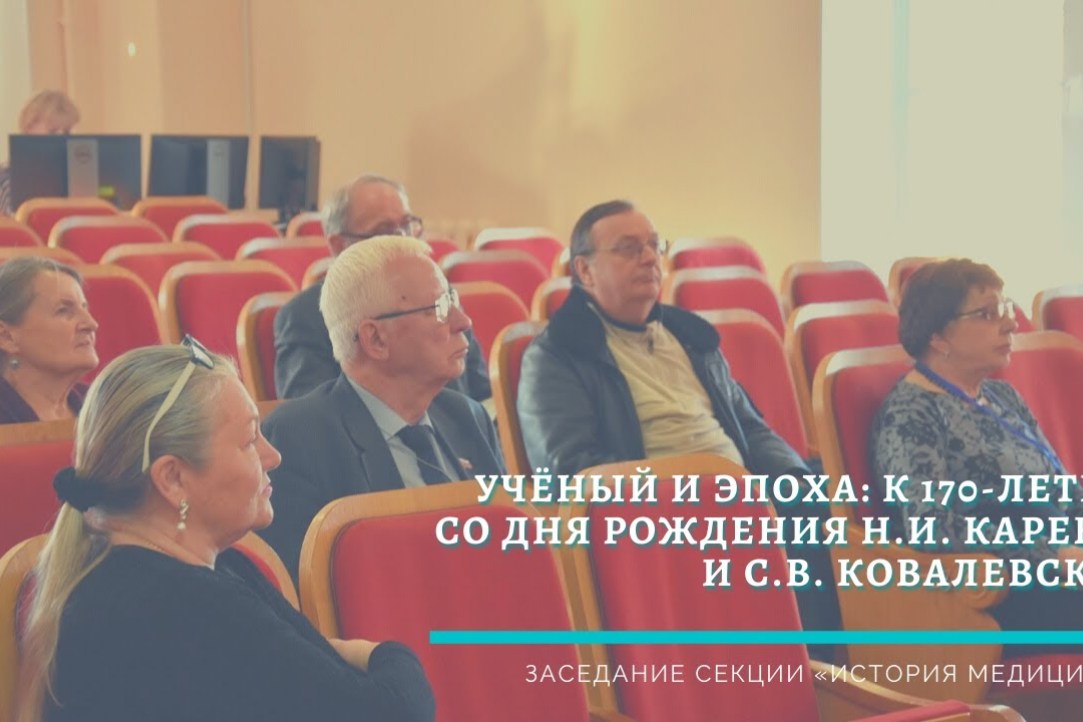
Laboratory fellows participated in the conference of the Institute of the History of Natural Science and Technology of the Russian Academy of Sciences "Scientist and the Epoch: To the 170th anniversary of the birth of N.I. Kareev and S.V. Kovalevskaya"
On October 26 - 30, 2020, Laboratory fellows took part in the XLI International Annual Scientific Conference of the Institute of the History of Natural Science and Technology of the Russian Academy of Sciences "Scientist and the Epoch: To the 170th Anniversary of the Birth of N. I. Kareev and S. V. Kovalevskaya"
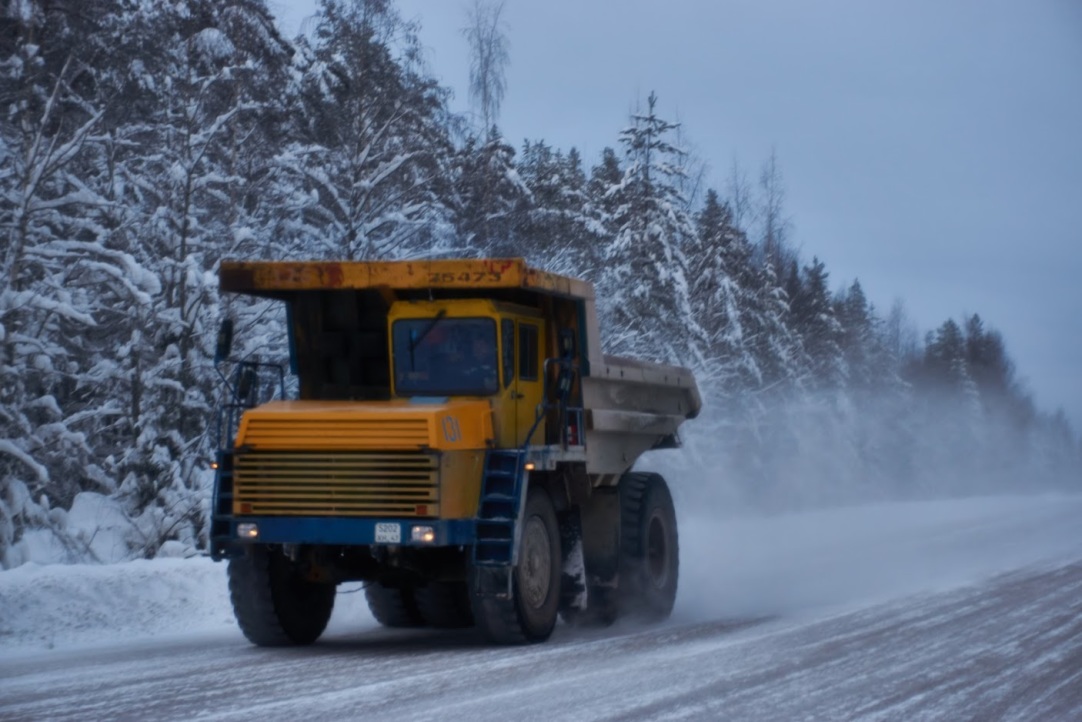
POSTPONED Tensions of Europe Research Group on Technologies, Environment, and Resources Coproduction of territories and their resources: technologies of prospecting, extraction and remediation in history
THE EVENT WAS POSTPONED TILL WINTER 2020 BECAUSE OF CORONAVIRUS
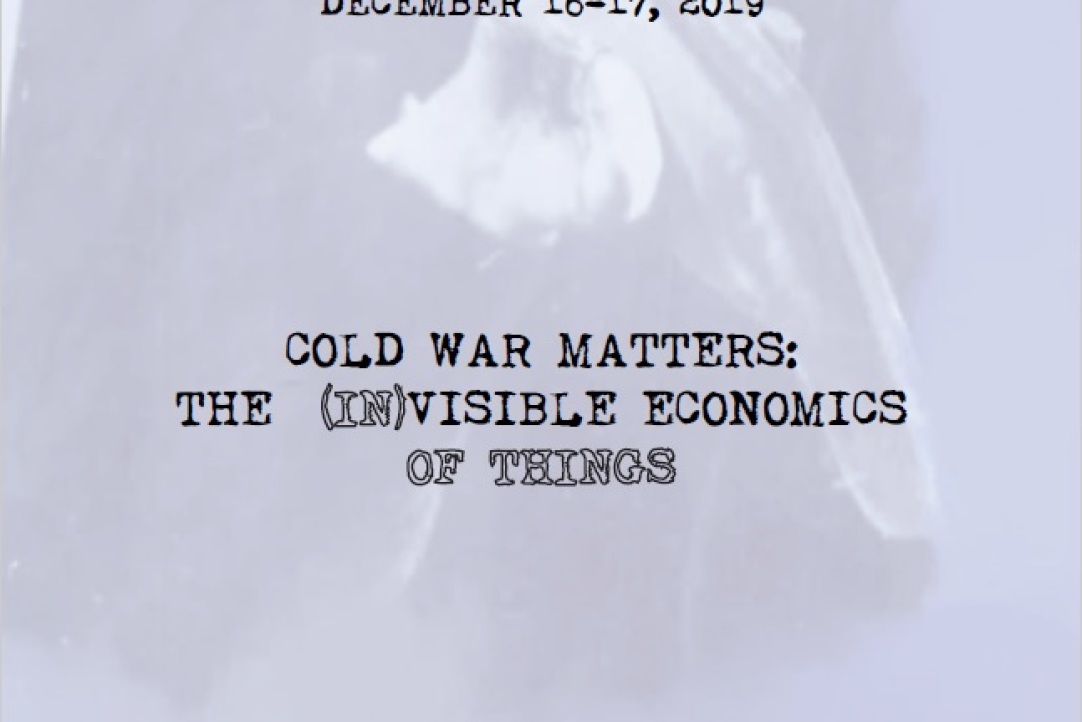
"Cold War matters: the invisible economics of things"
On December 16th and 17th, the Laboratory for Environmental and Technological History and the History Department hosted the symposium titled "Cold War Matters: (In)Visible Economies of Things." The goal of the symposium was to look at the Cold War from a different angle, one that differed from politics and military. Instead the focus of the symposium was to look at the Cold War through consumer culture, art, science, industry, and the exchange of these things across the permeable Iron Curtain.
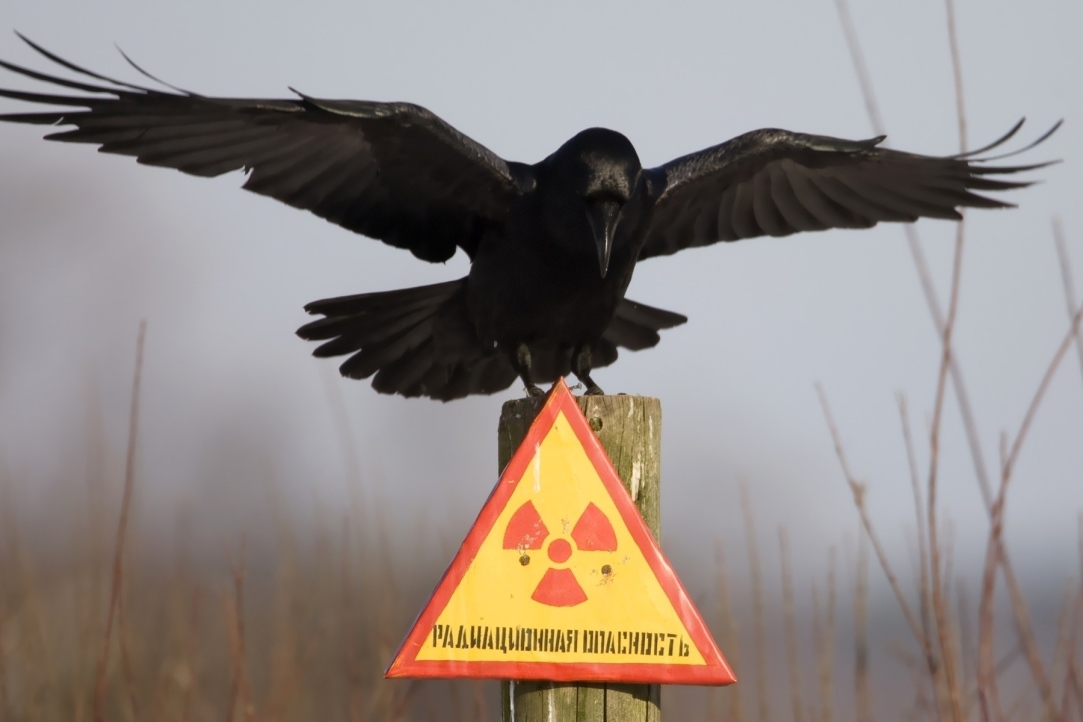
«Invisible Rays and the Material Environment in the Cold War» by Dick van Lente
On December 16, at the international symposium, Cold War matters: The (In) Visible Economies of Things, organized by the Laboratory for Environmental and Technological History, Dick van Lente, associate professor and lecturer on the history of the culture of modern societies at Erasmus University Rotterdam, spoke. His professional interests include the global history of technology and innovation, the history of everyday life, social, economic and cultural history.
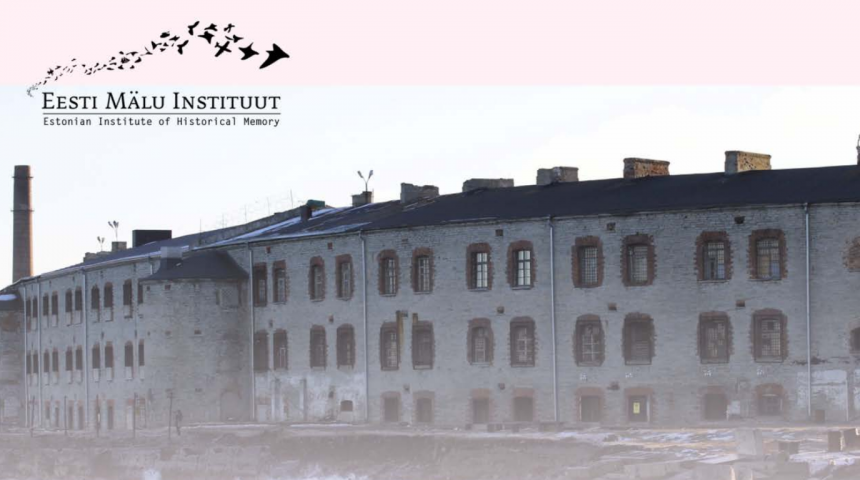
Elena Kochetkova received an award of Estonian Institute of Historical Memory
Senior lecturer of the department of history and research fellow of the LETH Elena Kochetkova was awarded a prize for the best research of socialism. Senior lecturer of the department of history and research fellow of the LETH Elena Kochetkova was awarded with a prize for the best research of socialism.
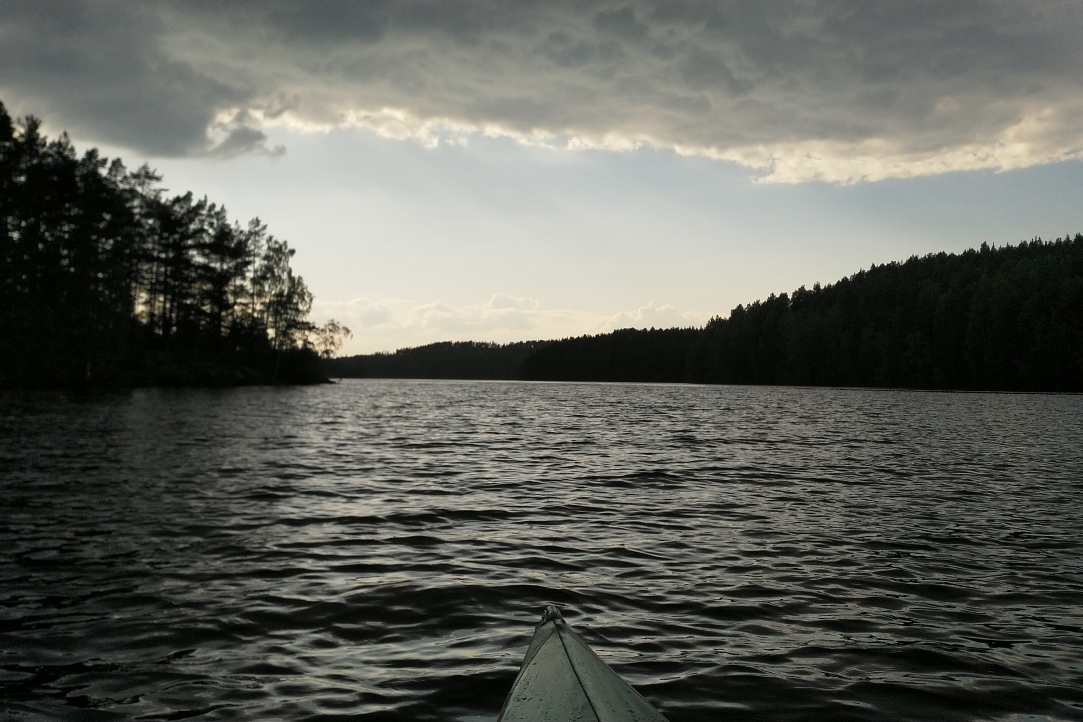
The public lecture "The Baltic Sea as a Borderland" of Michael North(University of Greifswald).
On the 19th of November, Michael North presented a public lecture in the laboratory of environmental and technological history. He shared the results of his recent study on the Baltic Sea as a borderland.
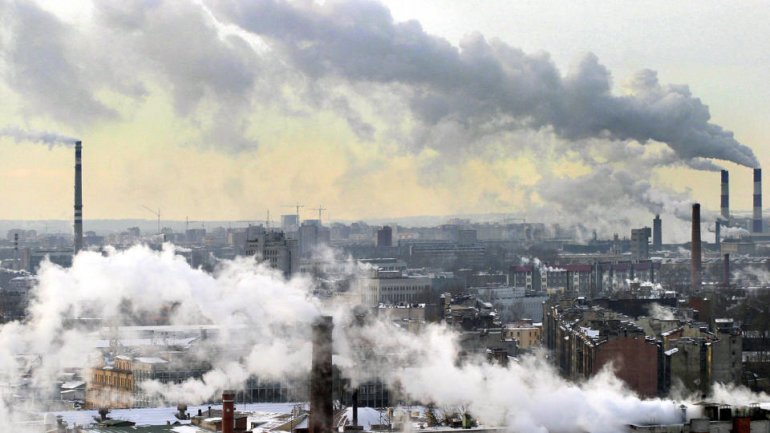
Julia Lajus`s public lecture at the Helsinki University Environmental Humanities Forum
Julia Lajus, associate professor of the department of history and Head of Laboratory for Environmental and Technological History of the Center for Historical Research gave a public talk at the Helsinki University Environmental Humanities Forum in October, 30th.
Joost Schokkenbroek at HSE SPb!
In April 2017 Prof. of VU University Amsterdam Joost Schokkenbroek invited by Julia Lajus spent one week at the Department of History presenting a brief course of lectures and seminars in the framework of the Usable Pasts program.
